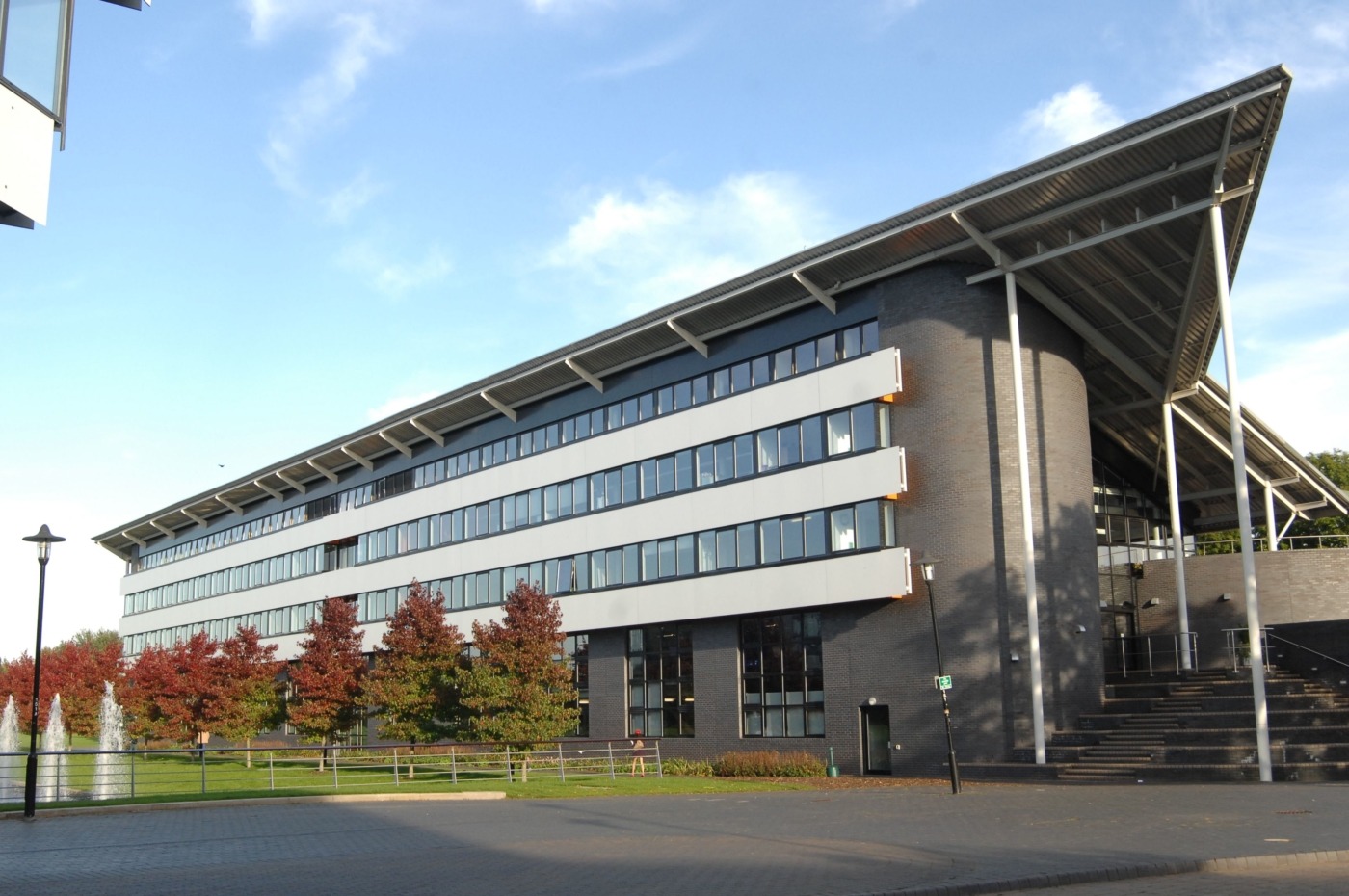BBC documentary reveals new information on Warwick group chat case
Almost a year on from The Boar’s reporting of the original complaint, the BBC have released a documentary entitled “The Warwick Uni Rape Chat Scandal” with new information.
(Trigger warnings: sexual violence, rape)
Revelations include “one sexually explicit video in the group chat [that the University deemed] needed to be handed to the police”. Following the discovery of the video, West Midlands police told the BBC that they would not be taking police action “having considered the wishes of those affected.”
It has also been revealed that the chat included “a particular conversation where [the men] were talking about how one of them had drugged another female student”. Putting the perspectives of the female students at the forefront of the documentary, the piece also includes “secret footage” obtained by the BBC that shows one complainant in a heated discussion with a senior member of University staff regarding the decisions made by the disciplinary committee.
This video provides comments from the two women at the heart of the complaint, unseen to the media. One woman suggests that it was inappropriate to deem that three members of the group chat had only committed “minor offences”.
Confronting the high ranking individual at the University, she demands to know, “why is it being considered the same as bringing a shopping trolley from Tesco onto campus [an example of a minor offence at the University of Warwick]? [He] is the one that made this threatening by showing it to me, he made that an active threat by showing me that someone wanted to rape me”.
The piece also includes “secret footage” obtained by the BBC that shows one complainant in a heated discussion with a senior member of University staff regarding the decisions made by the disciplinary committee
While the documentary focuses intently on the events of group chat story, the BBC interviews barrister Daniel Sokol, who reflects on the wider issue of disciplinary systems in national higher education.
The documentary remarks that there have been similar cases at Loughborough, Exeter, Bournemouth and Sheffield this year, where students have been investigated, suspended or expelled for similar incidents. Zeroing in on the voices of those involved in the case, Anna* and Nicole and, CRASAC’s Dianne Whitfield, the documentary considers how the women felt throughout the process and how universities ought to act to ensure they’re prioritising victims of such cases.
Anna recounts the lack of communication she felt she had with the University, including when she found out the punishments delivered by the disciplinary committee from the press before the University contacted her.
The man who showed Anna the messages attempted to justify the actions of his peers. “It’s just a joke, you don’t understand. It’s just how boys talk,” Anna recounts. Nicole details the vulnerability of the women involved and betrayal on the part of the men, of whom they thought of as friends: “These are men who you’ve put in such a position of trust and you hold in such high regard, but they make a game out of raping and sexually assaulting you.”
For Anna, “If you’re making something so normalised to talk about, such as rape, you are creating an environment in which you’re telling them that that’s okay.” For Whitfield, the culture of “banter” has become toxic; “the pure, unadulterated misogyny” featuring in the chat was something she “would never class as banter”.
Daniel Sokol provides observations of the effects of these proceedings, hallmarked by a “level of scrutiny or even aggression”, on the complainants. They frequently enter the procedures unprepared; though not legal in nature, university disciplinary hearing sometimes involve lawyers for the respondents pushing legal scrutiny, such as requesting mobile phone records.
We accept that our processes need to adapt to ensure they support our community better
– The University of Warwick
Questions are also posed regarding Peter Dunn, Warwick’s director of press, in his role as investigating officer in this case. Comments in the investigating report, revealed by the BBC, show Peter Dunn to question the credibility of Anna’s version of events, concluding that “deeply worrying facts” “undermine the credibility of Anna as a witness.”
While acknowledging that “legitimate questions have been raised about the University’s handling of this extremely delicate case”, the University expresses its support for Peter Dunn.
On the other side of the process, former SU president Hope Worsdale recounts her experience as a student representative on this disciplinary hearing. Speaking of the process in general, she states “we are literally just sent an email saying this is being convened on this day at this time, we need you to nominate two representatives, and so it is first and foremost who is actually available to do this”.
Following the release of the documentary, the University said in a statement: “First and foremost, we want to apologise for any part we played in causing distress to members of our community. Sexual misconduct or harassment of any kind is completely unacceptable and we are committed to ensuring the safety and wellbeing of the Warwick community.
“We understand that many of you might have found some of the content upsetting and we are therefore offering enhanced wellbeing services for all students and staff on any issue related to the documentary or sexual misconduct more widely.
“Secondly, we accept that our processes need to adapt to ensure they support our community better, which is why we have convened an independent review into our disciplinary structure as well as a separate review into our community values.
“We will ensure that updates from the reviews are clearly communicated with our community and any shortcomings identified during this process are comprehensively addressed.”
The documentary is available on BBC Three and iPlayer.
*The name of the complainant has been changed.

Comments